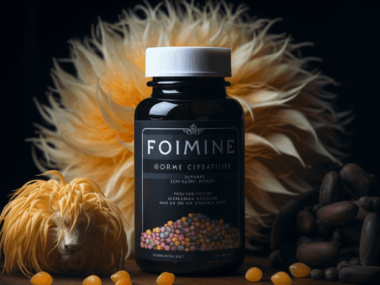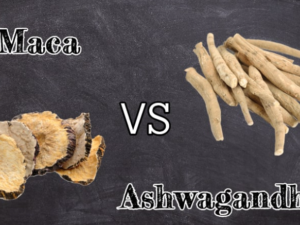while it’s possible to take Vyvanse with certain nootropics, it’s important to talk to your doctor before doing so. Some nootropics may interact with Vyvanse or have similar effects, which could increase the risk of side effects or overdose.
If you’re taking Vyvanse for ADHD, you may be wondering whether it’s safe to take nootropics along with it. Nootropics are a category of supplements and drugs that are known for their cognitive enhancing effects. Some people take nootropics to improve their focus, memory, and overall brain function. However, combining Vyvanse with nootropics may have potentially harmful effects.
Combining Vyvanse with Nootropics
Vyvanse is a prescription medication used to treat attention deficit hyperactivity disorder (ADHD) and binge eating disorder. It works by increasing the levels of certain neurotransmitters in the brain, including dopamine and norepinephrine, which help to improve attention and reduce impulsiveness. Nootropics, on the other hand, are supplements or drugs that are used to enhance cognitive function, memory, and creativity. Some of the most popular nootropics include caffeine, L-theanine, and racetams.
While there isn’t much research on the effects of combining Vyvanse with nootropics, there are a few things to consider. First, Vyvanse is a stimulant medication, which means that it can increase heart rate and blood pressure. Some nootropics, such as caffeine, can also increase heart rate and blood pressure. Combining Vyvanse with these nootropics could lead to a dangerous increase in heart rate and blood pressure.
In addition, some nootropics may interact with Vyvanse and affect its effectiveness. For example, substances that increase dopamine levels in the brain, such as L-tyrosine or phenylalanine, may enhance the effects of Vyvanse but also increase the risk of side effects such as restlessness and agitation.
What are the Risks of Taking Vyvanse with Nootropics?
Combining Vyvanse with nootropics can have several potential risks. These include:
- Increased heart rate and blood pressure: Both Vyvanse and some nootropics can increase heart rate and blood pressure. Combining the two can lead to dangerous increases in these vital signs.
- Increased anxiety and agitation: Vyvanse can cause anxiety and agitation in some people. Some nootropics may help to reduce anxiety, but combining the two can lead to excessive sedation and drowsiness.
- Decreased effectiveness of Vyvanse: Some nootropics may interact with Vyvanse and decrease its effectiveness. This could lead to a worsening of ADHD symptoms and other side effects.
Can You Take Vyvanse with Caffeine?
Caffeine is a popular nootropic that is found in many beverages and supplements. It’s known for its stimulant effects and ability to improve alertness and focus. While there isn’t much research on the effects of combining Vyvanse with caffeine, it’s generally not recommended. Both Vyvanse and caffeine can increase heart rate and blood pressure, which could lead to dangerous side effects. If you’re taking Vyvanse, it’s best to avoid caffeine or to limit your intake.
Can You Take Vyvanse with Racetams?
Racetams are a class of nootropics that are known for their ability to improve cognitive function and memory. While there isn’t much research on the effects of combining Vyvanse with racetams, there are a few things to consider. Some racetams, such as piracetam, may interact with Vyvanse and increase its effectiveness. This could lead to excessive stimulation and other side effects. Other racetams, such as aniracetam, may have anxiolytic effects and may help to reduce anxiety. However, combining Vyvanse with aniracetam could lead to excessive sedation and drowsiness.
It’s important to note that combining Vyvanse with any nootropic should only be done under the guidance of a healthcare professional. They can help you determine whether it’s safe to combine the two and what dosage to take.
FAQ:
Can you take Vyvanse with modafinil?
Combining Vyvanse with modafinil is generally not recommended. Both medications are stimulants and can increase heart rate and blood pressure, which could lead to dangerous side effects. It’s best to avoid combining these medications unless under the guidance of a healthcare professional.
Can you take Vyvanse with omega-3 supplements?
There is no known interaction between Vyvanse and omega-3 supplements. Omega-3 supplements are known for their anti-inflammatory and cognitive enhancing effects and are generally safe to take. However, it’s important to consult with a healthcare professional before taking any new supplements, including omega-3s, especially if you’re already taking prescription medications like Vyvanse.
Can you take Vyvanse with ginkgo biloba?
There is limited research on the effects of combining Vyvanse with ginkgo biloba. Ginkgo biloba is a popular nootropic that is known for its cognitive enhancing effects. It’s generally considered safe to take.








